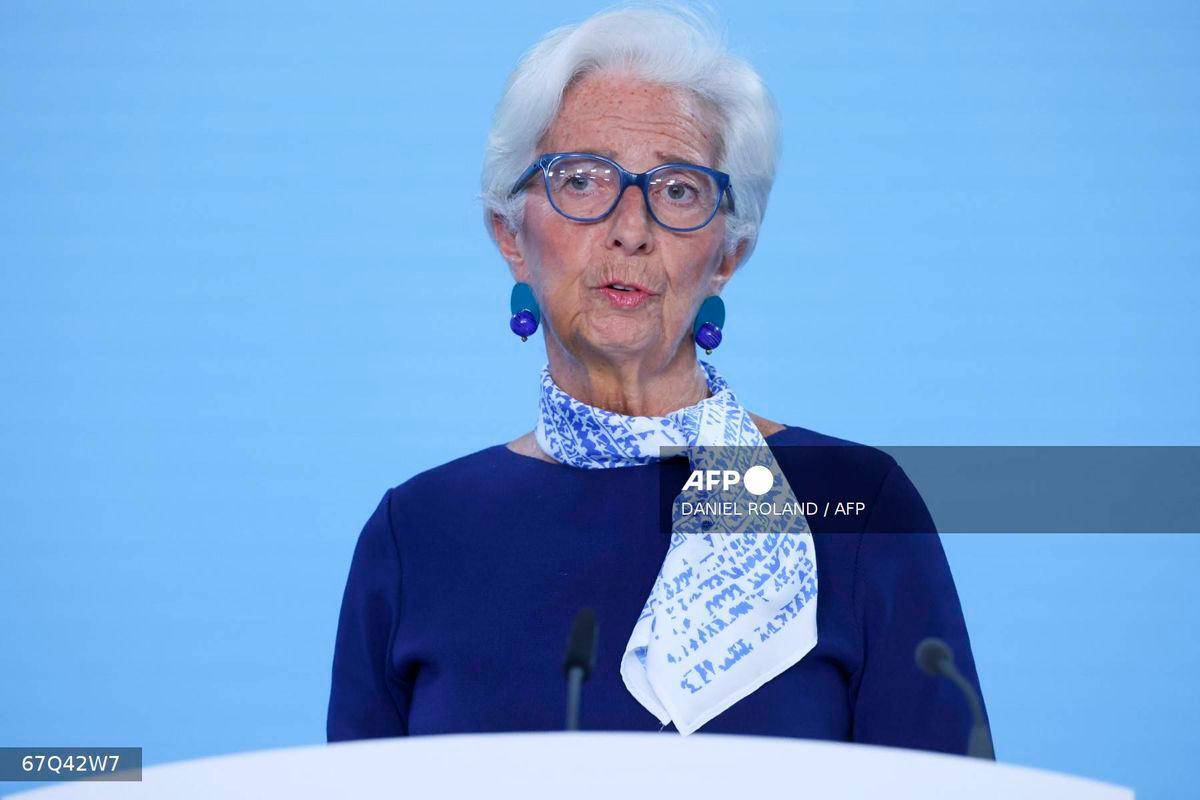GENEVA: The United States-European Union trade agreement has reduced global economic uncertainty without eliminating it entirely according to European Central Bank President Christine Lagarde.
She stated that the deal maintains effective US tariff rates on EU goods within a 12% to 16% range during her World Economic Forum panel discussion in Geneva.
Lagarde noted these rates exceed previous ECB forecasts while expressing concern about unclear sector-specific tariff plans from the Trump administration.
The ECB president highlighted particular uncertainty surrounding potential levies on pharmaceutical products and semiconductor imports.
She projected eurozone economic activity would decelerate in the third quarter following a robust start to 2025.
Lagarde observed that global growth has maintained relative stability thus far primarily due to tariff-induced economic distortions rather than organic market forces.
Importers significantly increased their inventory levels during the first quarter anticipating impending tariff increases according to Lagarde’s analysis.
President Trump implemented substantial import tariffs worldwide aiming to strengthen US manufacturing capabilities and reduce the nation’s massive trade deficit.
Initial threats of 30% tariffs on EU imports were reduced to 15% through last month’s Brussels-Washington negotiation.
The agreement included EU efforts to secure exemptions for specific industrial sectors from the tariff framework.
Recent weeks have seen President Trump suggesting additional targeted tariffs particularly affecting pharmaceutical exports which represent 20% of EU shipments to the United States.
The trade deal emerged shortly after the ECB governing council maintained interest rates following consecutive reductions.
This decision reflected cautious policymaking while assessing potential impacts from US tariff measures.
The ECB’s June macroeconomic projections revised 2025 inflation forecasts downward to 2% citing lower energy costs and euro appreciation.
Simultaneously the institution slightly reduced its 2026 GDP growth forecast to 1.1% acknowledging evolving economic conditions.
Lagarde confirmed that upcoming mid-September forecasts will incorporate comprehensive analysis of the trade deal’s implications for euro area economic performance. – AFP






